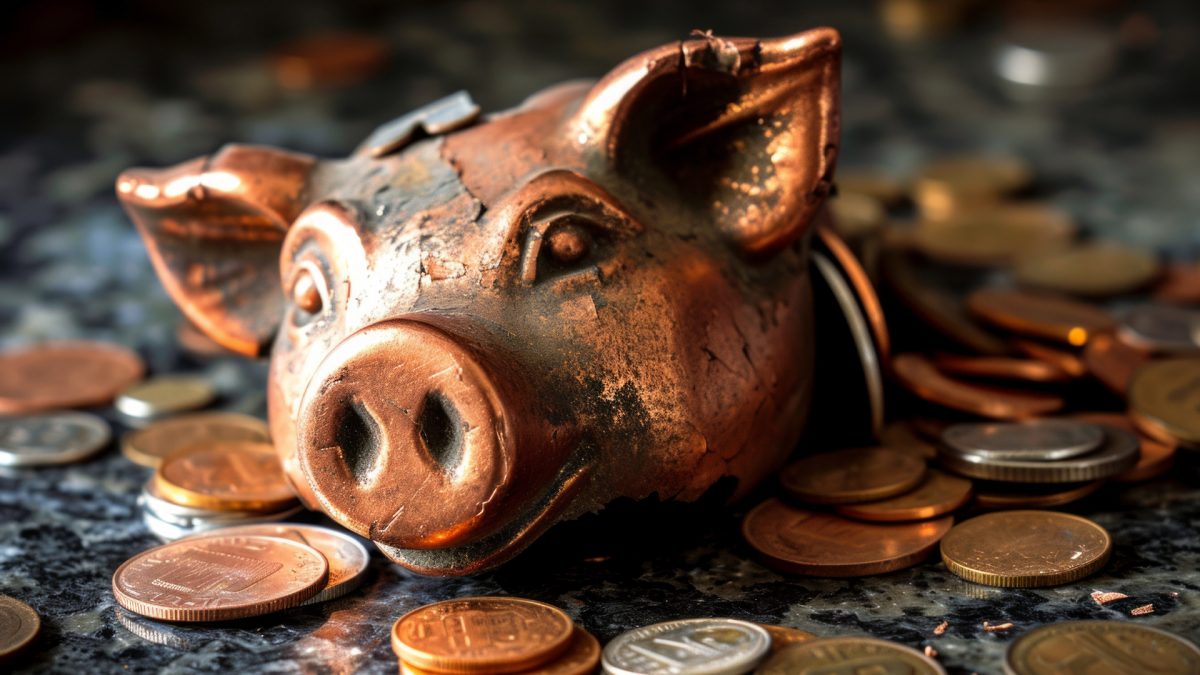London: Bitcoin blasted past $11,000 (8,205 pounds) to hit a record high for the sixth day in a row on Wednesday after gaining more than $1,000 in just 12 hours, stoking concerns that a rapidly swelling bubble could be set to burst in spectacular fashion.
Here are some facts that you might not know about the largest and best-known cryptocurrency.
What is a bitcoin?
A form of electronic money independent of traditional banking, bitcoins started circulating in 2009 and have become the most prominent of several fledgling digital currencies. The virtual currency relies on a network of computers that solve complex mathematical problems as part of a process that verifies and permanently records the details of every bitcoin transaction that is made. Unlike traditional currencies, where a central bank decides how much money to print based on goals like controlling inflation, no central authority governs the supply of bitcoins. Like other commodities and currencies, its value depends on people’s confidence in it.
How are bitcoins created?
The system was designed to reward computers that do the crucial work of verifying transactions with the occasional payoff of new bitcoins in a process known as bitcoin mining. The growth in the virtual currency’s value has created a market for souped-up computers and chips especially designed for the cryptographic calculations used in bitcoin. About 12.4 million bitcoins, worth $6.2 billion at recent prices, have been minted since the currency began circulating, according to Blockchain.info.
How many are there?
Bitcoin’s supply is limited to 21 million - a number that is expected to be reached around the year 2140. So far, around 16.7 million bitcoins have been released into the system, with 12.5 new ones released roughly every 10 minutes via a process called “mining”, in which a global network of computers competes to solve complex algorithms in reward for the new bitcoins.
Energy drain
These mining computers require a vast amount of energy to run. A recent estimate by tech news site Motherboard put the energy cost of a single bitcoin transaction at 215 kilowatt-hours, assuming that there are around 300,000 bitcoin transactions per day. That’s almost enough energy as the average American household consumes in a whole week.
Bits of Bitcoin
Bitcoin’s smallest unit is a Satoshi, named after the elusive creator of the cryptocurrency, Satoshi Nakamoto. One Satoshi is one hundred-millionth of a bitcoin, making it worth around $0.0001 at current exchange rates.
Where can I use my bitcoins?
Proponents say bitcoins could one day become widely used by consumers for online shopping and other electronic transactions. Certain online retailers such as Overstock.com and physical stores, mostly smaller operations, already accept the digital currency, but its adoption is not widespread. Critics say bitcoin is too volatile to be widely adopted and warn of its lack of regulation and its use to pay for illegal drugs and other nefarious transactions.
How do you store, trade and spend bitcoins?
Bitcoins are held in virtual wallets with unique keys. Transactions are made by sending bitcoins from one wallet to a unique key associated with another wallet in a cryptographic process that is verified by computers across the bitcoin network.
Bitcoin wallets can be stored offline or online at exchanges like Bitstamp and BTC-E.
Bitcoin billionaires
Bitcoin has performed better than every central-bank-issued currency in every year since 2011 except for 2014, when it performed worse than any traditional currency. So far in 2017, it is up around 1,000 percent. If you had bought $1,000 of bitcoin at the start of 2013 and had never sold any of it, you would now be sitting on $80 million. Many people consider bitcoin to be more of a speculative instrument than a currency, because of its volatility, increasingly high transaction fees, and the fact that relatively few merchants accept it.
Exchange heists
More than 980,000 bitcoins have been stolen from exchanges, either by hackers or insiders. That’s a total of more than $10 billion at current exchange rates. Few have been recovered.
Mystery creator
Despite many attempts to find the creator of bitcoin, and a number of claims, we still do not know who Satoshi Nakamoto is, or was. Australian computer scientist and entrepreneur Craig Wright convinced some prominent members of the bitcoin community that he was Nakamoto in May 2016, but he then refused to provide the evidence that most of the community said was necessary. It is not clear whether Satoshi Nakamoto, assumed to be a pseudonym, was a name used by a group of developers or by one individual. Nor is it clear that Nakamoto is still alive - the late computer scientist Hal Finney’s name is sometimes put forward. Developer Nick Szabo has denied claims that he is Nakamoto, as has tech entrepreneur Elon Musk more recently.
Inflated Chinese trading
Until earlier this year, it was thought that Chinese exchanges accounted for around 90 percent of trading volume. But it has become clear that some exchanges inflated their volumes through so-called wash trades, repeatedly trading nominal amounts of bitcoin back and forth between accounts. Since the Chinese authorities imposed transaction fees, Chinese trading volumes have fallen sharply, and now represent less than 20 percent, according to data from website Bitcoinity.
Market cap
The total value of all bitcoins released into the system so far has now reached as high as $190 billion. That makes its total value - sometimes dubbed its “market cap” - greater than that of Disney, and bigger than the market cap of BlackRock and Goldman Sachs combined.
Crypto rivals
Bitcoin is far from the only cryptocurrency. There are now well over 1,000 rivals, according to trade website Coinmarketcap.
Shorting
It is already possible to short bitcoin on a number of retail platforms and exchanges, via contracts for difference (CFDs), leveraged-up margin trading or by borrowing bitcoin from exchanges without leverage. But a number of big financial institutions - including CME Group, CBOE and Nasdaq - have recently announced that they will offer bitcoin futures, which will open up the possibility of shorting the cryptocurrency to the mainstream professional investment universe.
)
)
)
)
)